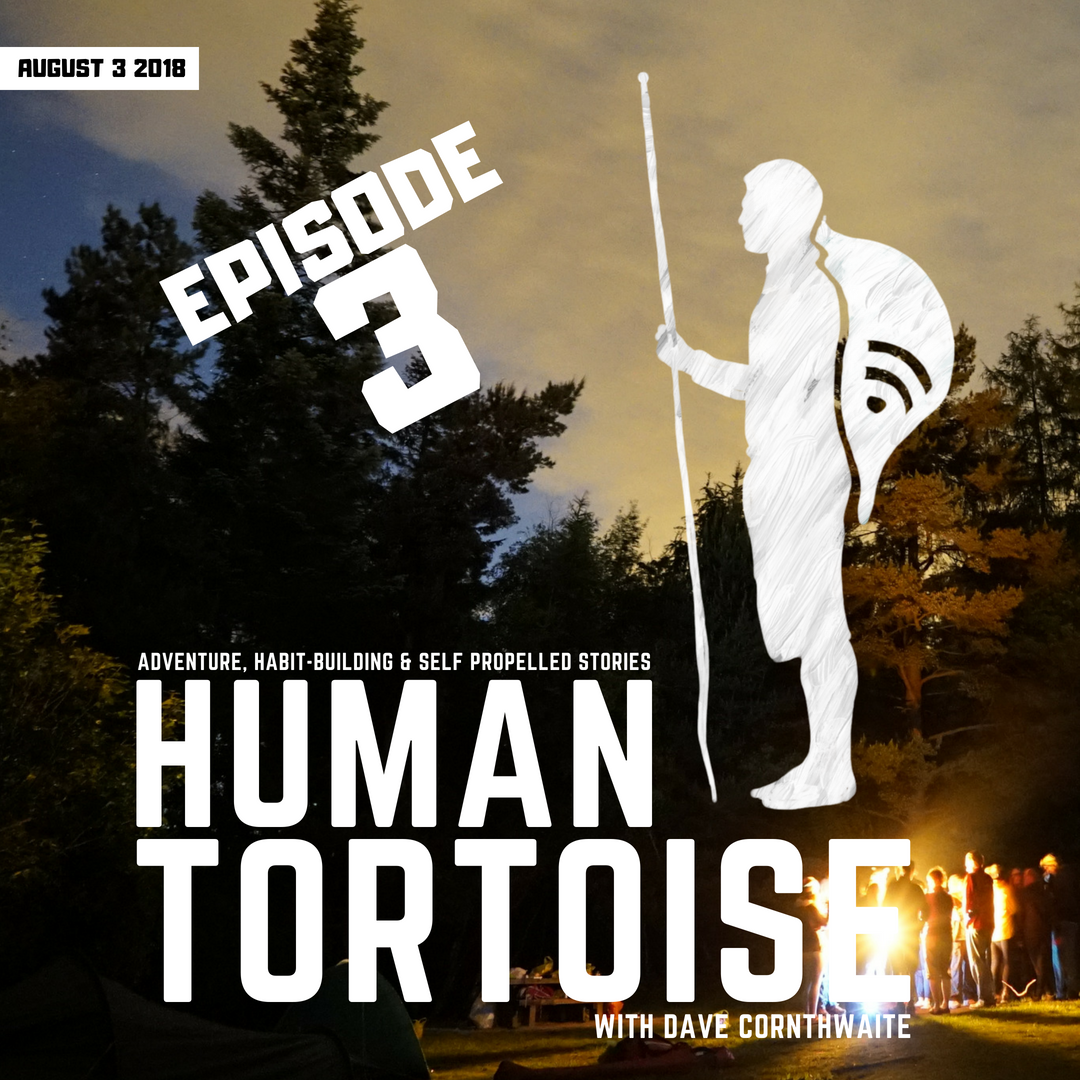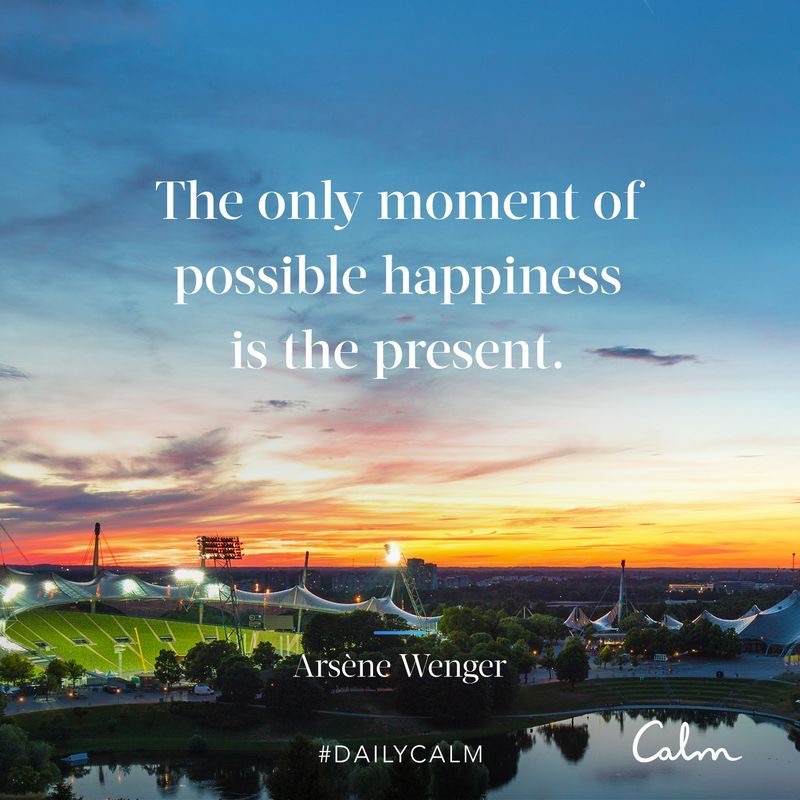So, of course, I turned to my phone, that brilliant and evil pocket dweller that undoubtedly shares some of the blame in today’s mental health epidemic. Our attention spans are short, access to bursts of Dopamine higher than ever, and the stress and anxiety of keeping up our social media appearance and shrinking the inbox down to zero - well, it’s frankly ridiculous.
But, it is real. I’m a fairly rounded bloke and I’m not afraid to share that these last two years I’ve slowly become more anxious and less able to stay on an even keel. This might have some correlation with moving to London after a decade as a nomad and all of the expense, work and change of lifestyle that entailed. Still, although life isn’t exactly shabby I’ve felt a real decline in my own mental health, so with that in mind meditation felt like a godsend.
What I didn’t know was how I’d take to practicing mindfulness each day. I don’t have much time for hippy, hypothetical, la de da thinking and was a little concerned that my patience would wane fast. I’ve got a hyperactive mind that makes pausing, reading books or general concentration fairly tricky, and the closest I’ve come to a form of meditation has been on my endurance trips, when endless repetitive paddling, pedalling or pushing eventually became zen like.
We’ve probably all been aware of a handful of products or apps that bring meditative healing to our lives, so that’s where I started. I downloaded a handful of apps, including Headspace, Buddhify, Insight Timer and Breathe.
I started with one called Calm, purely because I’d downloaded it months ago and didn’t even open the thing. Its time had come. Calm kicks off newcomers with a 7-day free trial before paid options unlock hundreds of guided meditations. £9.99 a month, £35.99 for the year or a flat £299 lifetime payment.
Although the lady’s voice was just on the edge of the grating Californian accent you might expect from a meditation guide, Calm’s 7-day Trial turned out to be the perfect access point to meditation for me. I enjoyed the motivation points and saveable quotes of the day, and a reassuring message that I was doing ok, “You’re on a 3 day streak, keep it up!’ But by the end of that first week I was ready to try something else. Next up: Headspace.
Headspace has a free 10-day introductory course, and it was about halfway through this, almost two weeks into my new meditating habit, that something clicked. Headspace’s basic sessions are narrated by an English chap, and there was something about his slightly more personal approach that clicked with me. The trial sessions are only ten minutes long a piece, but there are other free sessions between one and five minutes long that target emotions like anxiety, stress and healing.
Once Headspace’s trial period was over my mind was made up, I knew then that I’d continue daily meditation long after this July commitment, but I fought the urge to continue Headspace’s enticing reminders that I’d completed a 10-day run streak. For the sake of offering up a balanced view of the world of introductory meditation, I looked elsewhere.

















